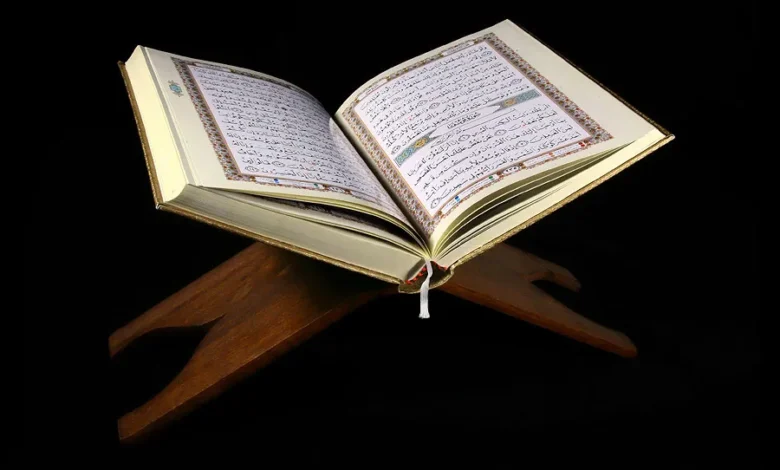The House that stood alone (Part VI)

By Yusuf Bulafu
Assalam alaykum warahmatullahi wabarakatuh
(Cont’d)
A sanctuary prepared for revelation
By the time the Prophet Muhammad (peace be upon him) was born, Makkah had become both a spiritual emblem and an economic hub in the heart of Arabia. The miraculous destruction of Abraha’s army had solidified its status as a city under divine protection, and the flourishing trade routes secured by Quraysh made it a pillar of commercial strength. But while Quraysh enjoyed wealth and status, the Kaʿbah — the heart of their city — had been defiled with idolatry, its original purpose long forgotten.
And yet, Allah had chosen to protect this House, not because of the piety of its custodians, but because of its legacy, and more importantly, because of what was to come.
To understand why Allah would protect a sanctuary filled with idols from a supposedly monotheistic army, one must go back to Abraha’s true intentions. Though he carried the banner of Christianity and had built a grand cathedral in Sanaʿa, Abraha’s motives were never about sincere devotion to Allah. His march on Makkah was not a crusade for spiritual truth, but a calculated strike born of ego, economic ambition, and imperial politics.
Abraha saw the Kaʿbah as an obstacle — a structure that concentrated attention, pilgrimage, and commerce in a city outside his domain. The Arabs, despite their polytheism, maintained a deep reverence for the Kaʿbah due to its connection to Ibrahim. Pilgrimage to Makkah was not just a spiritual act; it was a season of trade, diplomacy, and intertribal alliances. Whoever controlled Makkah effectively controlled the flow of people and goods, as well as the cultural pulse of the Peninsula.
When Abraha constructed al-Qullays, his cathedral in Sanaʿa, it wasn’t out of zeal for worship. It was an imperial maneuver — an attempt to divert pilgrimage routes south, thereby enriching his province, raising his profile, and turning Yemen into the new religious capital of Arabia. The construction of the church, the media campaign that followed, and the eventual declaration to destroy the Kaʿbah were all part of a power grab, not a mission of divine love.
But Allah, in His infinite wisdom, allowed him to march — allowed his pride to reach the gates of the sanctuary — only so that his downfall would be remembered forever, and that the true Owner of the House would make His power known.
In contrast, the Quraysh, though steeped in idolatry, were not attempting to replace the Kaʿbah with another temple. They corrupted it, yes, but they did not seek to relocate it or erase its legacy. Abraha’s act was far more audacious — it was an attempt to seize sacred legitimacy, to claim divine authority through destruction, and to install himself as the new gatekeeper of worship and wealth.
And so, Allah destroyed the army, not out of favor for Quraysh, but to preserve the House for its destined reformer. The protection of the Kaʿbah was not an end — it was a beginning.
In the very year that the elephants were halted and the birds descended, a child was born in the same city that had stood untouched. That child, Muhammad ibn ʿAbdullah, would one day walk between those same hills, not as a bystander, but as a Prophet. He would reclaim the Kaʿbah not with elephants, but with verses. He would clear it not with fire, but with truth. And the House that Abraha had tried to destroy for the sake of power would finally be restored by a man who sought nothing but the pleasure of his Lord.
This is the true contrast Abraha marched with a cathedral in his hand and pride in his chest, Muhammad marched with revelation in his heart and humility in his soul.
One sought to conquer the Kaʿbah for his own glory. The other sought to return it to its true Master.
Therefore, the miracle of Ashabul-Fil was not just divine wrath. It was divine choreography — a step in the unfolding of a plan thousands of years in the making. The House that had survived floods in the time of Nuh, been rebuilt by Ibrahim, and witnessed centuries of corruption, was now ready — not for destruction, but for revelation.
The sanctuary had been prepared. The child had been born. The world was about to change not by force, rather by light.



